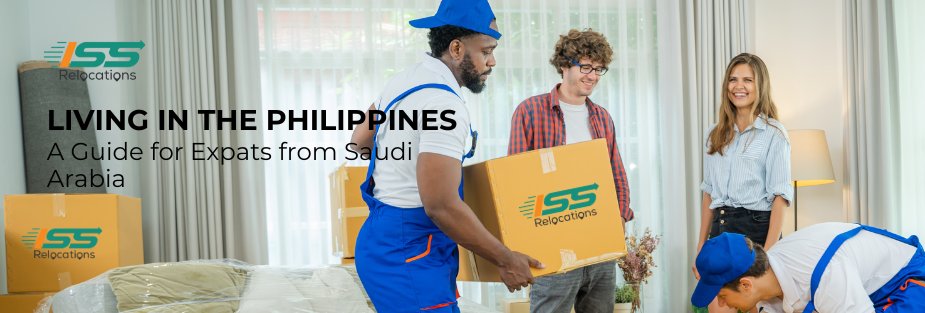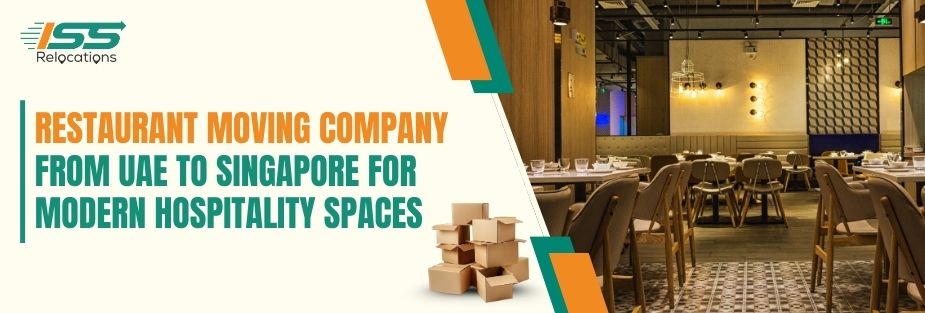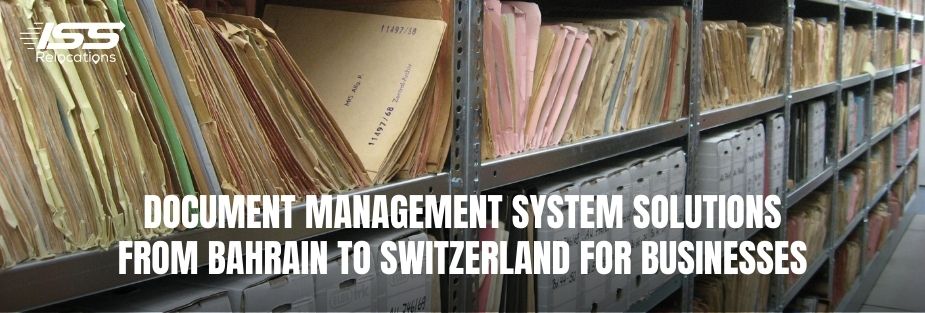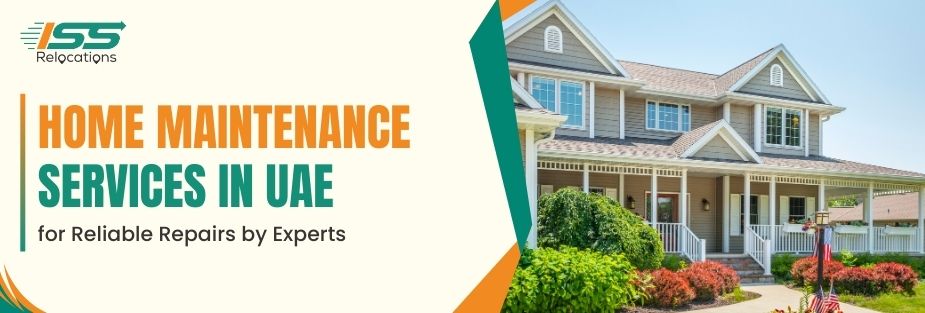
Living in the Philippines: A Guide for Expats from Saudi Arabia
Living in the Philippines offers a dynamic experience for expats from Saudi Arabia, with its warm culture, beautiful landscapes, and cost-effective lifestyle. This Southeast Asian country blends modern urban centers with natural beauty, making it an attractive relocation choice. Understanding the unique aspects of living in the Philippines is essential for a smooth transition, including adapting to its tropical climate, bustling social scene, and vibrant communities. This guide provides an in-depth look at everything expats from Saudi Arabia need to know to settle comfortably living in the Philippines.
Moving To The Philippines?
Relocate smoothly and explore life as an expat in the Philippines.
Relocation Services: Making Your Move Smooth with ISS Relocations
Customized Moving Solutions for Expats
When planning an international move, having the right support in place is essential. ISS Relocations offers personalized moving solutions tailored to meet the needs of Saudi expats relocating to the Philippines. From planning and packing to safe transportation, ISS Relocations ensures a seamless process, handling logistics so clients can focus on adjusting to their new surroundings. These services include efficient, safe handling of household goods, furniture, and personal items to make the transition to living in the Philippines easier.
Navigating Customs and Documentation
Moving to a new country requires navigating a variety of customs regulations and documentation requirements, which can be challenging. ISS Relocations simplifies this process by assisting with all necessary paperwork, customs documentation, and permits. This service ensures that your belongings reach your destination without unnecessary delays, helping you settle in quickly and avoid potential obstacles.
- Customs Paperwork: ISS helps expats manage essential paperwork and customs forms.
- Regulation Compliance: Ensures compliance with local import and export laws.
- Time Efficiency: Reduces delays by handling administrative requirements swiftly.
Additional Settling-In Services
In addition to transportation and customs assistance, ISS Relocations provides a range of settling-in services, designed to help expats feel at home sooner. Moving to the Philippines can feel overwhelming, but ISS offers guidance on finding housing, understanding local utilities, and even navigating the city’s transportation. With support from ISS, Saudi expats can ease into living in the Philippines without worry, knowing that local guidance is just a call away.
- Housing Support: Assistance with finding the right accommodation based on location, price, and amenities.
- City Orientation: Information on nearby resources like hospitals, schools, and grocery stores.
- Community Integration: Help connecting with expat communities, clubs, and local social events.
Call To Get Help!
Why Choose the Philippines?
The Philippines is a unique choice for expats due to its affordability, welcoming culture, and diverse natural beauty. For those from Saudi Arabia, living in the Philippines offers a fresh experience with a blend of new adventures and comforts that make settling in straightforward.
Cost of Living
The cost of living in the Philippines is significantly lower than in Saudi Arabia, making it attractive for expats. Housing, food, and transportation costs are generally affordable, especially outside major cities. Expats can enjoy a high quality of life in vibrant communities like Cebu or Davao while managing expenses effectively.
- Housing Costs: Options range from affordable apartments to upscale condominiums.
- Groceries and Dining: Local produce and meals are budget-friendly, with a range of international dining options in urban areas.
- Transportation: Public transit is inexpensive, and ride-hailing apps are widely available.
Climate and Environment
The Philippines is known for its tropical climate, with warm weather year-round, making outdoor activities possible most days. Expats can explore beautiful beaches, mountains, and islands, experiencing the natural beauty that draws millions to the country annually.
- Seasonal Climate: The dry season from November to May is ideal for beach trips and exploring.
- Outdoor Activities: Opportunities for snorkeling, hiking, and other nature activities abound.
- Adaptation Tips: Adjusting to the humidity may take time, and some regions experience typhoons.
Filipino Culture and Language
Understanding Filipino culture is key to a rewarding experience living in the Philippines. The nation values hospitality, family, and respect, traits that expats quickly come to appreciate. English is widely spoken, making integration easier, though learning a few phrases in Filipino can enrich the experience of living in the Philippines.
- Community Spirit: Filipinos are known for their friendly, hospitable nature.
- Language: English is an official language, simplifying daily interactions.
- Cultural Etiquette: Politeness, respect, and greetings are central to social interactions.
Practical Considerations for Living in the Philippines
To fully enjoy living in the Philippines, expats should familiarize themselves with the country’s healthcare, housing options, employment opportunities, and other essentials to ensure a smooth transition and comfortable stay.
Healthcare System
The healthcare system in the Philippines includes both public and private services. While public healthcare is affordable, many expats opt for private facilities to access high-quality care and shorter wait times.
- Public vs. Private Healthcare: Private hospitals offer advanced services but at a higher cost.
- Insurance for Expats: Health insurance is recommended to cover private healthcare costs.
- Emergency Preparedness: Access to hospitals and clinics varies by region, so it’s wise to identify nearby options early on.
Accommodation Options
The range of accommodation options makes finding a suitable home simple, whether in bustling cities or quieter provinces. Popular areas like Manila and Cebu offer everything from serviced apartments to standalone houses.
- City vs. Province Living: City living provides proximity to amenities, while rural areas offer tranquility.
- Renting Process: Apartments and homes are readily available, with monthly rentals typically required.
- Neighborhoods: Researching popular expat areas can help in choosing a location aligned with lifestyle needs.
Employment and Business Opportunities
For those interested in working or starting a business, the Philippines offers diverse opportunities, especially in sectors like technology, customer service, and hospitality. Expats can also explore entrepreneurship in areas suited to local market needs.
- Job Opportunities: Expats can find roles in BPO, education, and IT.
- Entrepreneurship: Opening a business in the Philippines requires understanding local regulations.
- Visa and Work Permits: Specific permits are required, depending on job type and length of stay.
This comprehensive understanding of healthcare, housing, and employment helps expats prepare for living in the Philippines and fully embrace what the country has to offer.
Challenges Expats May Face in the Philippines
Like any new destination, living in the Philippines comes with unique challenges. Understanding these potential difficulties helps expats prepare for a smooth transition.
Crime and Safety Concerns
While the Philippines is generally safe, expats should be aware of specific areas with higher crime rates. Common issues include petty theft and occasional traffic-related incidents, particularly in urban centers.
- Urban Safety: Metro Manila and Cebu City can have higher crime rates; staying alert is recommended.
- Security Measures: Many residential complexes have security guards, adding an extra layer of protection.
- Personal Safety Tips: Avoid carrying large amounts of cash, and use reputable transportation options.
Transportation and Traffic
Traffic congestion in the Philippines is a well-known issue, especially in Manila. Expats often need to adapt to long travel times and variable road conditions.
- Public Transit Options: Jeepneys, buses, and MRT lines are economical but may be crowded.
- Ride-Hailing Services: Grab and other apps provide convenient transport alternatives.
- Driving in the Philippines: Traffic rules can differ significantly, so expats should research local driving conditions.
Natural Disasters
The Philippines is located in the Pacific Ring of Fire, which makes it prone to natural events like typhoons and earthquakes. Understanding these risks is crucial for expats living here.
- Typhoon Season: Runs from June to November, requiring seasonal preparedness.
- Earthquake Preparedness: Know safety protocols, especially if residing in high-rise apartments.
- Emergency Plans: Having an emergency kit and knowing evacuation routes is advisable.
Essential Tips for a Successful Relocation
To make living in the Philippines an enriching experience, expats should consider these key tips for adapting to their new environment, fostering connections, and feeling at home.
Community Involvement and Networking
Becoming part of the local community can make the transition smoother. Engaging with both local residents and fellow expats can help create a support system.
- Expat Communities: Many cities, like Manila and Cebu, have active expat groups.
- Social Events: Joining events like festivals and volunteer activities helps bridge cultural gaps.
- Online Platforms: Facebook and Meetup groups are useful for finding social gatherings.
Language Learning
While English is widely spoken in the Philippines, learning basic Filipino phrases can enhance daily interactions and demonstrate respect for local culture.
- Basic Filipino Phrases: Greetings and common phrases are easy to learn and appreciated.
- Language Classes: Many language centers and online courses offer Filipino language basics.
- Local Dialects: Different regions have unique dialects, which can be interesting to explore.
Legal and Visa Requirements
Understanding visa and residency requirements is essential for expats planning to stay long-term in the Philippines.
- Types of Visas: Options include tourist visas, work visas, and retirement visas.
- Renewal Processes: Some visas require regular renewals, so staying updated on timelines is crucial.
- Working Permits: Expats planning to work must obtain a specific work permit in addition to a visa.
By following these tips and actively engaging in the community, expats from Saudi Arabia can enjoy a rewarding experience living in the Philippines.
Wrapping Up
Choosing the Philippines as a new home opens up exciting possibilities, from beautiful landscapes to a welcoming community. By understanding what to expect in terms of culture, costs, and daily life, expats from Saudi Arabia can adapt more easily to living in the Philippines. With support from ISS Relocations for every stage of the move, settling in becomes a smoother process. Embracing the local culture, learning basic Filipino, and actively participating in local communities will all contribute to making the Philippines feel like home.
Plan Stress-free Move with Top Moving Company in UAE - ISS Relocations

Frequently Asked Questions
What is the general cost of living in the Philippines compared to Saudi Arabia?
Living costs in the Philippines are generally lower than in Saudi Arabia, with affordable housing, food, and transportation options available.
Is the Philippines safe for expats to live in?
Yes, the Philippines is generally safe, especially in expat-friendly areas. Basic precautions are recommended, especially in urban centers.
What are the best locations for expats living in the Philippines?
Popular areas for expats include Metro Manila, Cebu City, and Davao City, each offering diverse amenities and housing options.
Do expats need health insurance while living in the Philippines?
Yes, having health insurance is advisable as it provides access to high-quality private healthcare in urban areas.
What language is primarily spoken in the Philippines?
Both Filipino and English are official languages. English is widely used, making it easier for expats to communicate and navigate daily life.
Are the Philippines a good place to live?
Yes, the Philippines is an excellent place to live, offering a low cost of living, warm hospitality, tropical climate, and a vibrant culture. With its growing expat communities, beautiful landscapes, and accessible healthcare, it’s a great choice for relocation. ISS Relocations ensures a seamless transition to living in the Philippines with comprehensive moving services tailored to your needs.
What moving services are available for expats moving to the Philippines?
Expats can access services such as packing, shipping, customs clearance, and settling-in support. ISS Relocations provides end-to-end solutions, including secure transportation of belongings, pet relocation, and housing assistance, ensuring your move to the Philippines is hassle-free and efficient.
Moving Company - Recent Blog
Stay informed and prepared for your next move with our latest blogs on moving services in the UAE. From expert packing tips to international relocation guides, ISS Relocations brings you up-to-date insights to make your moving experience smoother, safer, and stress-free.










